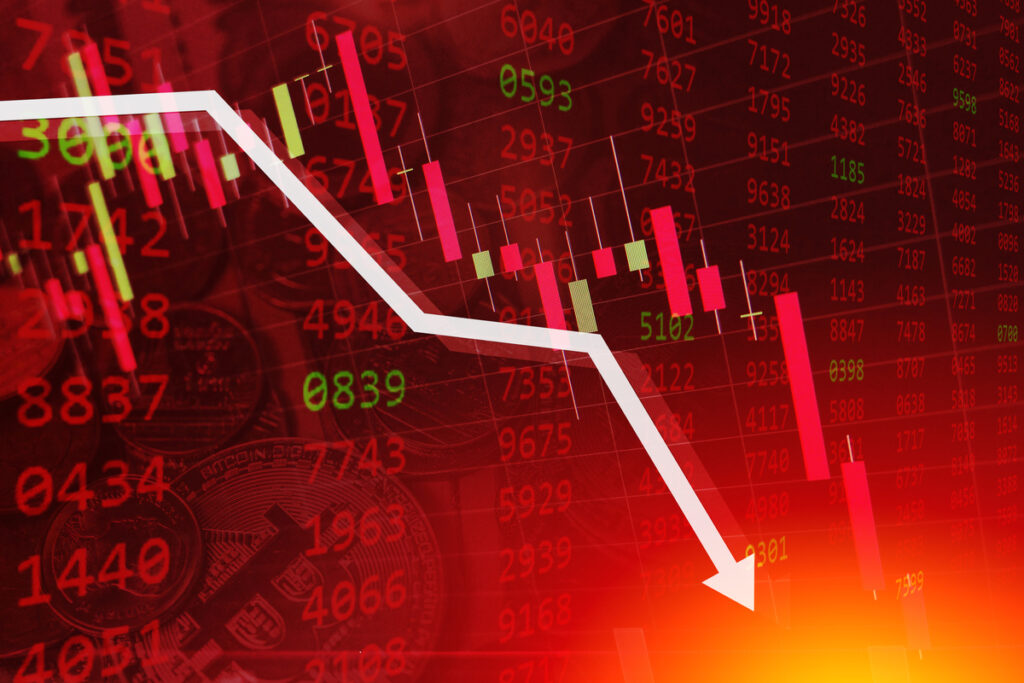[ad_1]
Dell Technologies (DELL -11.93%) stock tumbled 11% through 10:05 a.m. ET Wednesday after the company reported mixed earnings last night.
Heading into the report, analysts forecast Dell would earn $2.06 per share in Q3. Dell beat that number, reporting pro forma profits of $2.15. However, the company’s quarterly revenue fell short of expectations at $24.4 billion, versus Wall Street’s expected $24.7 billion.
Dell Q3 earnings were a mixed bag
Sales still grew 10% year over year, however, led by the company’s infrastructure solutions group (server farms), which showed tremendous 34% sales growth. Client solutions, however (PCs and similar devices), suffered a 1% decline in sales.
Earnings growth was even better. Non-GAAP (generally accepted accounting principles) adjusted profits grew 14%, and GAAP profits grew 16%, but the GAAP number remains far smaller — only $1.58 per share — a 27% difference, suggesting Dell’s not really as profitable as the “earnings beat” makes it look.
Is Dell stock a buy?
As demonstrated by the divergence in growth rates between servers and PCs, Dell’s placing a big bet on the continued popularity of artificial intelligence (AI) functions to drive its growth. COO Jeff Clarke said in the earnings release, “AI is a robust opportunity for us, with no signs of slowing down.” And “interest in our [AI products] is at an all-time high, driving record AI server orders demand of $3.6 billion in Q3 and a pipeline that grew more than 50%, with growth across all customer types.”
So why aren’t investors impressed? The fact that sales came in just a bit lighter than expected is probably one reason. Valuation may be another.
Priced at 25 times earnings today, Dell stock is actually cheaper than the average S&P 500 (^GSPC -0.40%) stock, which costs closer to 31 times earnings. That makes Dell stock look like a relative bargain, but with profits only growing in the mid-teens, the stock still sells for a PEG ratio of at least 1.5, which isn’t objectively cheap.
I continue to be cautious on Dell stock.
Rich Smith has no position in any of the stocks mentioned. The Motley Fool has no position in any of the stocks mentioned. The Motley Fool has a disclosure policy.
[ad_2]
Source link

